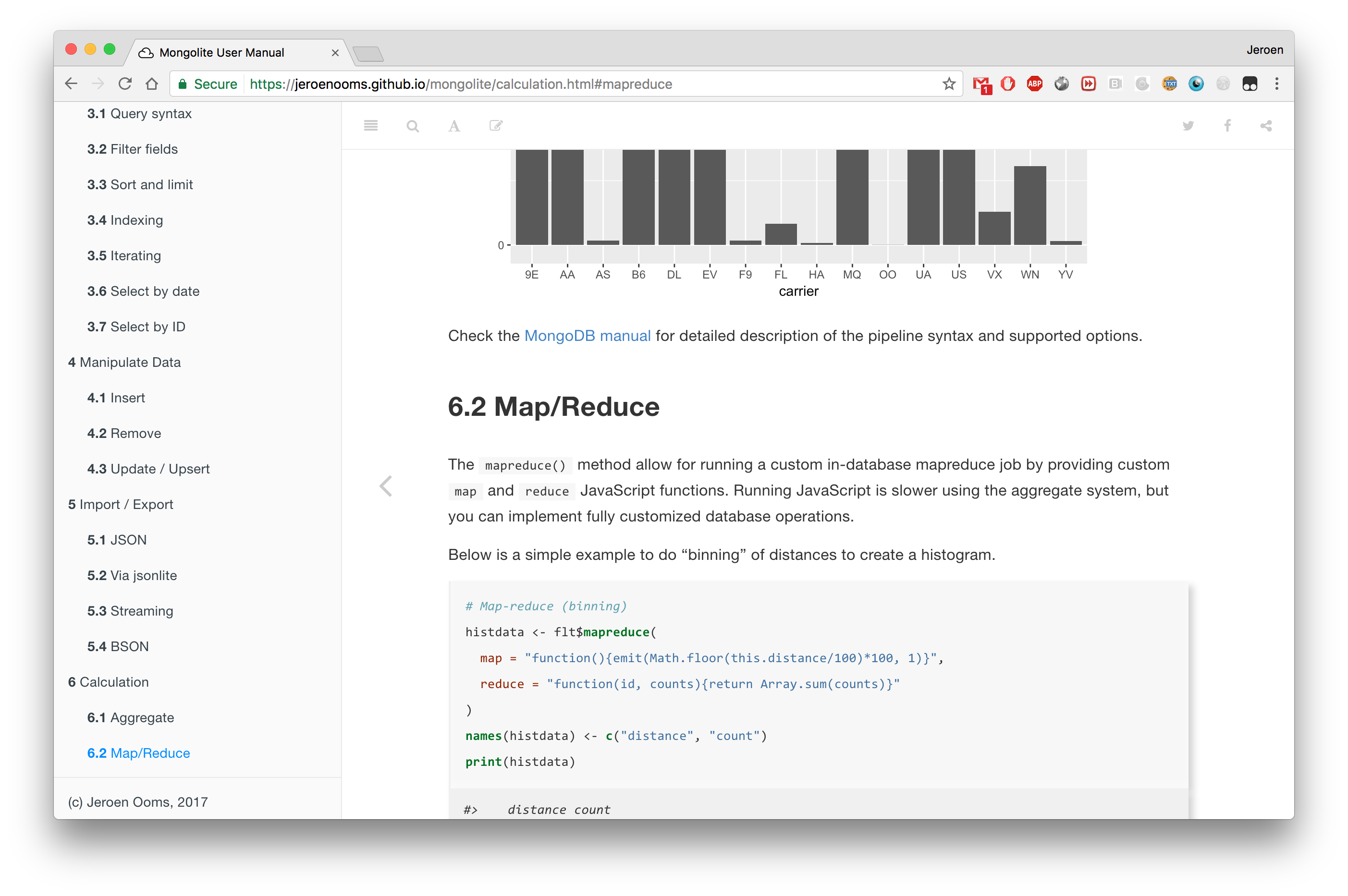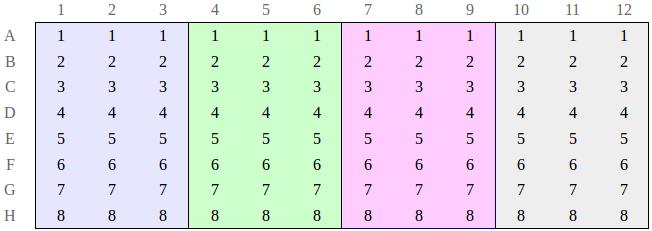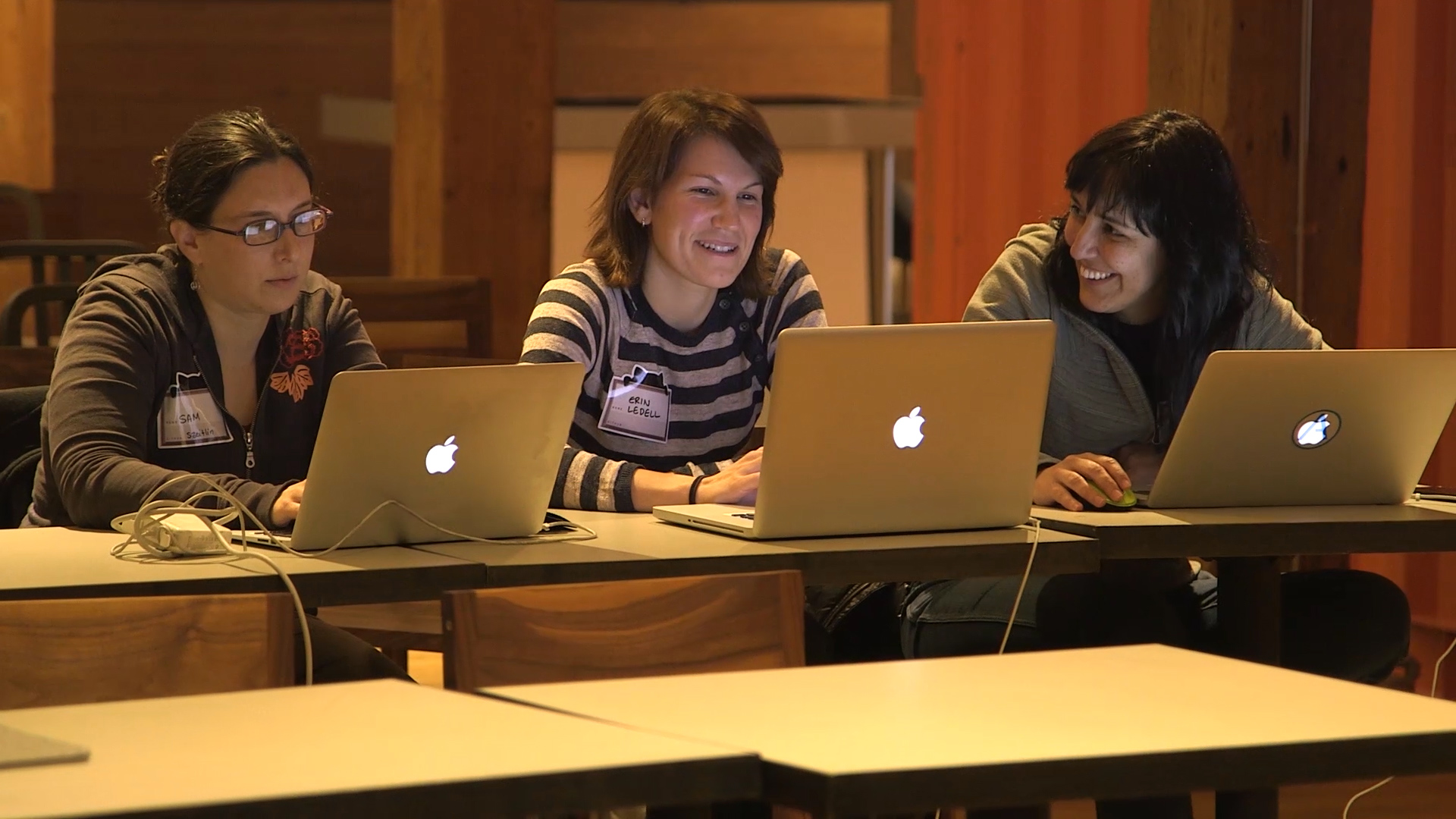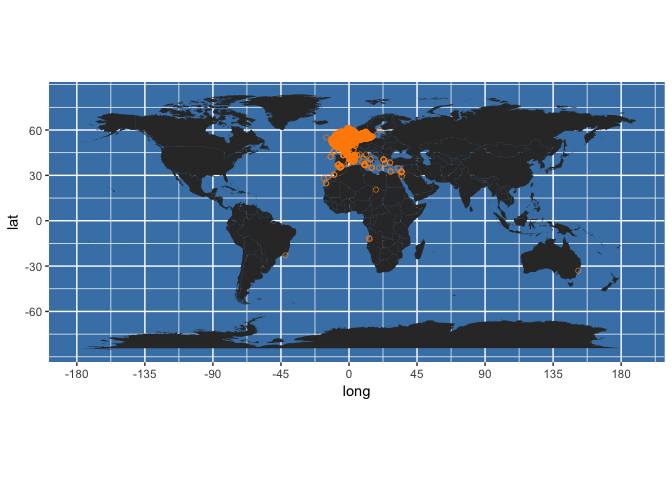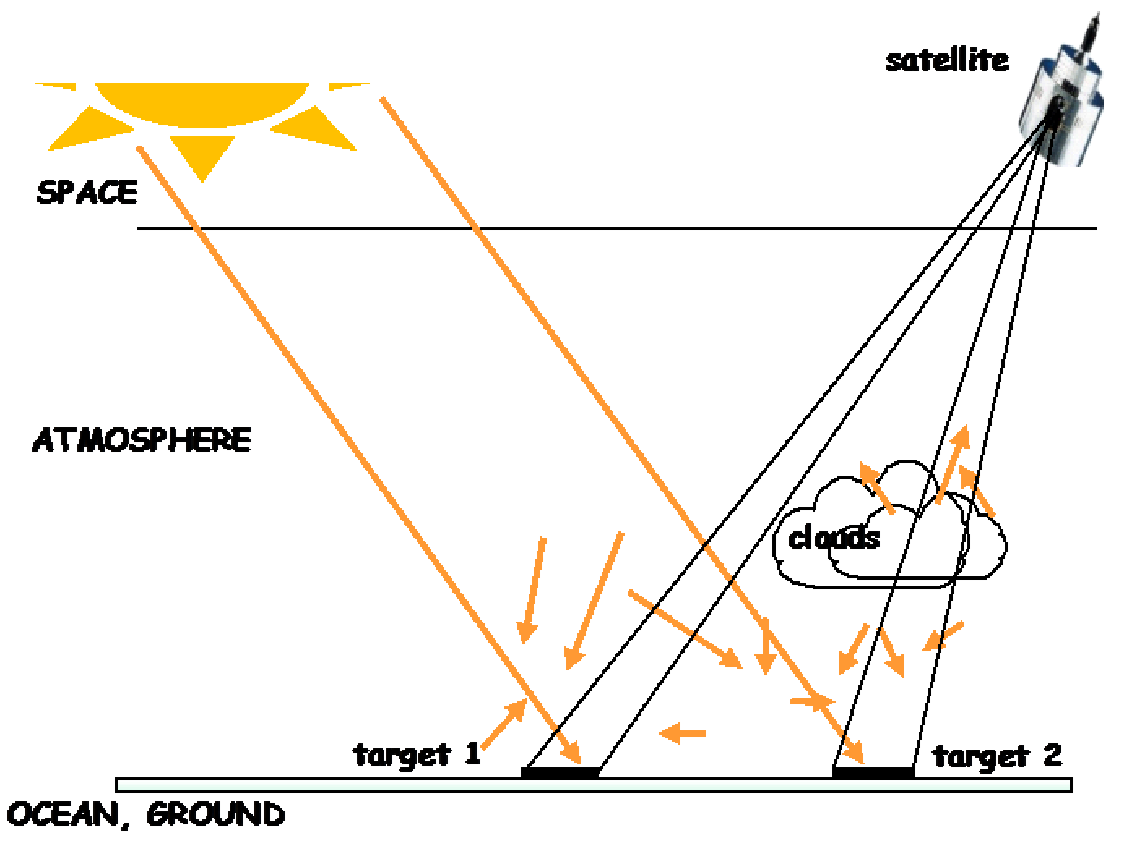
camsRad is a lightweight R client for the CAMS Radiation Service, that provides satellite-based time series of solar irradiation for the actual weather conditions as well as for clear-sky conditions. Satellite-based solar irradiation data have been around roughly as long our modern era satellites. But the price tag has been very high, in the range of several thousand euros per site.
